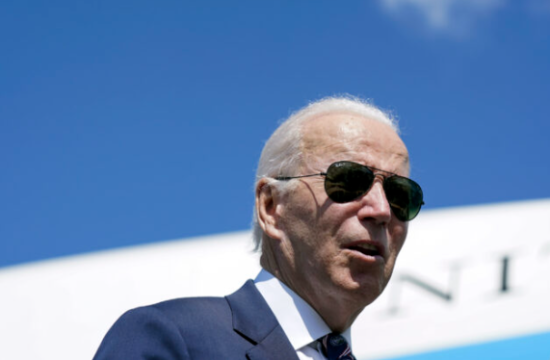Jen Psaki, White House press secretary, defended Monday the “peaceful protest of Olympic Hammer Thrower Gwen Berry who, on Saturday, turned her back from the US flag as the national anthem played, and covered her head with a T-shirt that said, “Activist Athlete.”
When asked by reporters what President Biden thought about Berry’s move, which was criticized by critics as being unpatriotic, and unbecoming of a Team USA representative that will represent the United States at Tokyo, Psaki said he would be understanding.
Psaki stated that while she has not spoken with the president about the issue, he is incredibly proud of America and has great respect and admiration for the anthem, particularly for those who serve in uniform around the globe.
Psaki added: “He would also say, of course, that part of that pride in our country means recognizing there are moments where we are — as a country, haven’t lived up to our highest ideals. And it means respecting the rights of people granted to them in the Constitution to peacefully protest.”
Berry said that she was “pissed” after receiving a bronze medal in the US Olympic Track & Field Team Trials.
Berry, 31 years old, was part of the 2016 US Olympics team. she is expected to be a participant in the Tokyo Olympics which begin in late July.
Hammer throwing features twirling about and tossing a large round weight.
“It was real disrespectful,” Berry said after the anthem played.
“They said they were going to play it before we walked out, then they played it when we were out there,” Berry said. “But I don’t really want to talk about the anthem because that’s not important. The anthem doesn’t speak for me. It never has.”
“My purpose and my mission is bigger than sports,” she added. “I’m here to represent those … who died due to systemic racism. That’s the important part. That’s why I’m going. That’s why I’m here today.”
Berry said, “I didn’t really want to be up there … it was a setup. I was hot, I was ready to take my pictures and get into some shade.”
Francis Scott Key authored the patriotic song during the War of 1812 while aboard a British ship during the 1814 attack on Fort McHenry in Baltimore Harbor. It became the national anthem in 1931.












